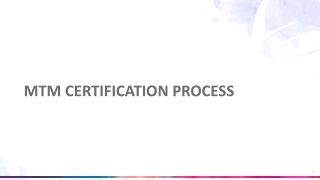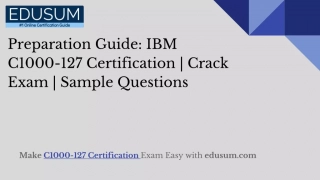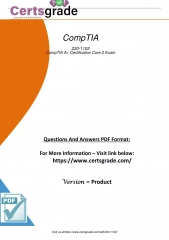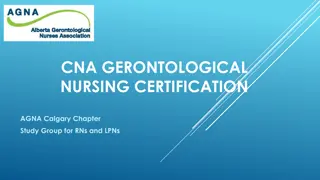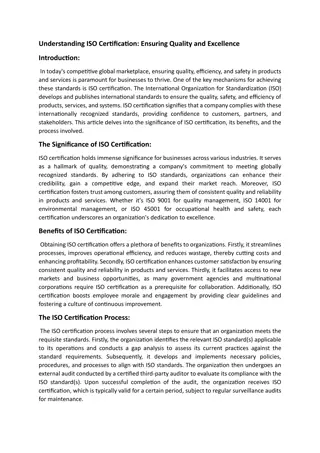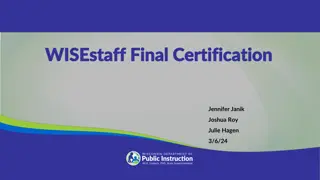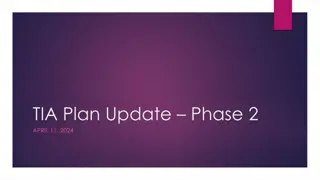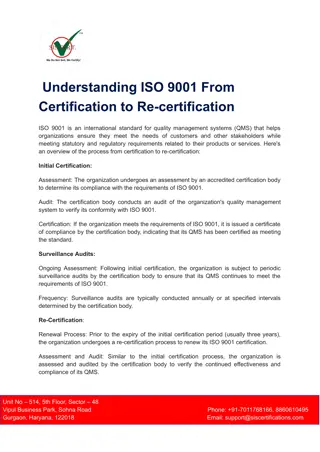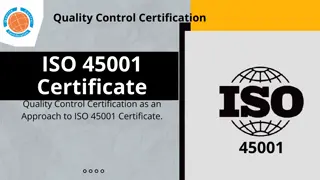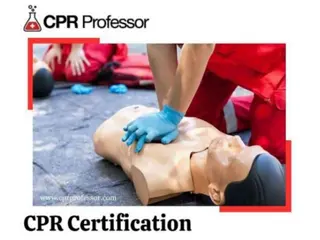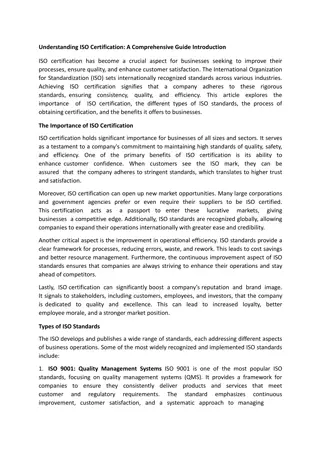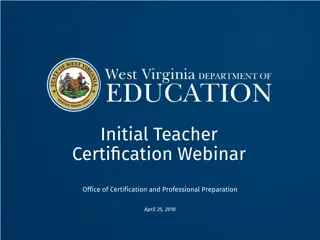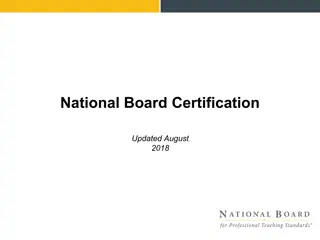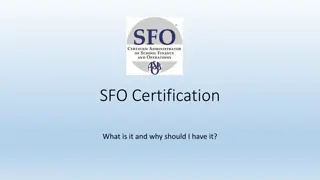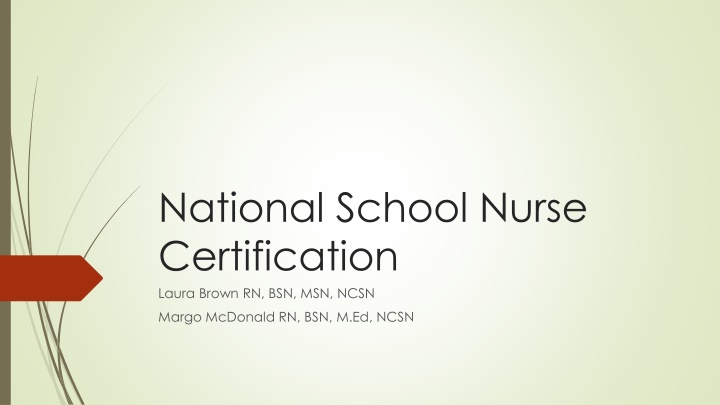
National School Nurse Certification: Benefits, Requirements & Opportunities
National School Nurse Certification is a vital credentialing process that sets a standard for school nurses' preparation, knowledge, and practice. This certification program, administered by NBCSN and accredited by ABSNC, offers various benefits such as enhanced career opportunities, validation of skills, and recognition of excellence. Moreover, it is crucial for BSN-prepared nurses in Oregon seeking TSPC certification as a Certified School Nurse. Changes in eligibility requirements for the NSCN examination are on the horizon, emphasizing the necessity of a bachelor's degree in nursing for eligibility. Stay informed about these updates and consider taking the exam soon if you're a nurse working in a school setting.
Download Presentation

Please find below an Image/Link to download the presentation.
The content on the website is provided AS IS for your information and personal use only. It may not be sold, licensed, or shared on other websites without obtaining consent from the author. If you encounter any issues during the download, it is possible that the publisher has removed the file from their server.
You are allowed to download the files provided on this website for personal or commercial use, subject to the condition that they are used lawfully. All files are the property of their respective owners.
The content on the website is provided AS IS for your information and personal use only. It may not be sold, licensed, or shared on other websites without obtaining consent from the author.
E N D
Presentation Transcript
National School Nurse Certification Laura Brown RN, BSN, MSN, NCSN Margo McDonald RN, BSN, M.Ed, NCSN
What is National School Nurse Certification? National certification for professional school nurses is a credentialing process that assures a national standard of preparation, knowledge and practice. The NCSN certification program is administered by the National Board for Certification of School Nurses (NBCSN), and accredited by the Accreditation Board for Specialty Certification (ABSNC), indicating compliance with the highest nursing accreditation standards in the industry.
What value does national certification bring? Provides a road map for demonstrating excellence as a school nurse Grants credibility, earns recognition, reflects achievement Demonstrates your commitment to quality services for students and families Validates your knowledge, skills and abilities Enhances career opportunities May enhance earnings potential Confirms your competence as a school nurse at the national level Can be used as a planning tool for meaningful professional development
And of special importance. National School Nurse Certification allows a BSN prepared nurse working within a public school setting to apply to the Teachers Standards and Practices Commission (TSPC) for certification as a Certified School Nurse in Oregon TSPC certification is needed in order to legally qualify and be recognized as a Professional School Nurse in the State of Oregon Many school districts in Oregon require that nurses working in schools obtain TSPC Professional School Nurse certification within a designated time frame as a condition of employment
An important window of opportunity: Eligibility requirements to sit for the NSCN examination will be changing As of January 1, 2020 a bachelor s degree or higher IN NURSING will be required in order to sit for the examination A bachelor s degree or higher in a health-related field relevant to school nursing will no longer be accepted If you are a nurse working in a school setting, holding a bachelor s degree in a non-nursing, health-related field, consider sitting for the examination soon
What will be on the examination? The examination is a computerized test formatted with multiple choice questions covering the following content areas: Health Appraisal Health Problems/Nursing Management Health Promotion/Disease Prevention Special Health Issues Professional Issues
Additional requirements for taking the examination Candidate must have completed 1000 hours of clinical practice in school health within the three years prior to taking the test 1000 hours is roughly equivalent to the hours worked by a full-time nurse, working at least 6 hours per day, for a school year of 180 days Clinical hours must be documented on school district letterhead by district supervisor Employment not eligible as clinical practice in school nursing includes; substitute nursing in a school, except as a full time substitute working consecutive days, one-to-one nursing as the nurse s sole responsibility within a school, employment in direct sales, community health screening, working in a camp setting, preceptor/mentorships, and jobs unrelated to school nursing
Eligibility versus readiness to take the examination NBCSN advises that eligibility not be confused with readiness Factors that may affect an individuals readiness include: Level of education Formal course work in school nursing and education systems Experience prior to school nursing (child and adolescent primary care and public health versus adult inpatient nursing) Exposure to child health in age ranges outside of school assignment Continuing education Supervision by a Certified School Nurse Administrator Formal mentoring by a NCSN colleague Professional development and professional leadership provided within the school district and state
Exam administration and fees Examination requires a $360.00 non-refundable application fee Examination dates occur during three testing windows around the country Winter/Spring March (past) Summer: July 12th to August 1st (registration opens March 15, 2018 and closes June 12, 2018) Fall: November 1st to November 14th(registration opens August 2 and closes October 1 2018)
Exam Content 1) 27% Health Appraisal 2) 28% Health Problems and Nursing Management 3) 20% Health Promotion/Disease Prevention 4) 13% Special Health Issues 5) 12% Professional Issues
Examination Preparation Exam preparation is a unique process for each candidate. Effective preparation strategies include: Study groups School nurse curriculum workshops School nursing related texts REMEMBER, the examination is national in scope and reflects the broad variety of student and community populations, specialty practice situations, and legal and current health issues that school nurse confront in everyday practice.
Further Questions? Please come see us at the vendor table Extensive information is available at the NBCSN website: www.nbcsn.org


